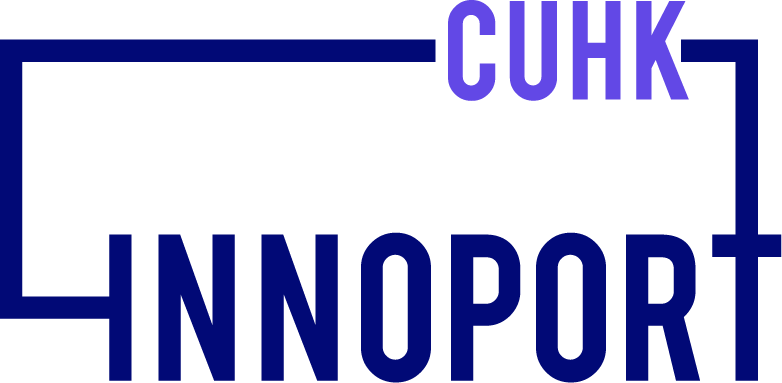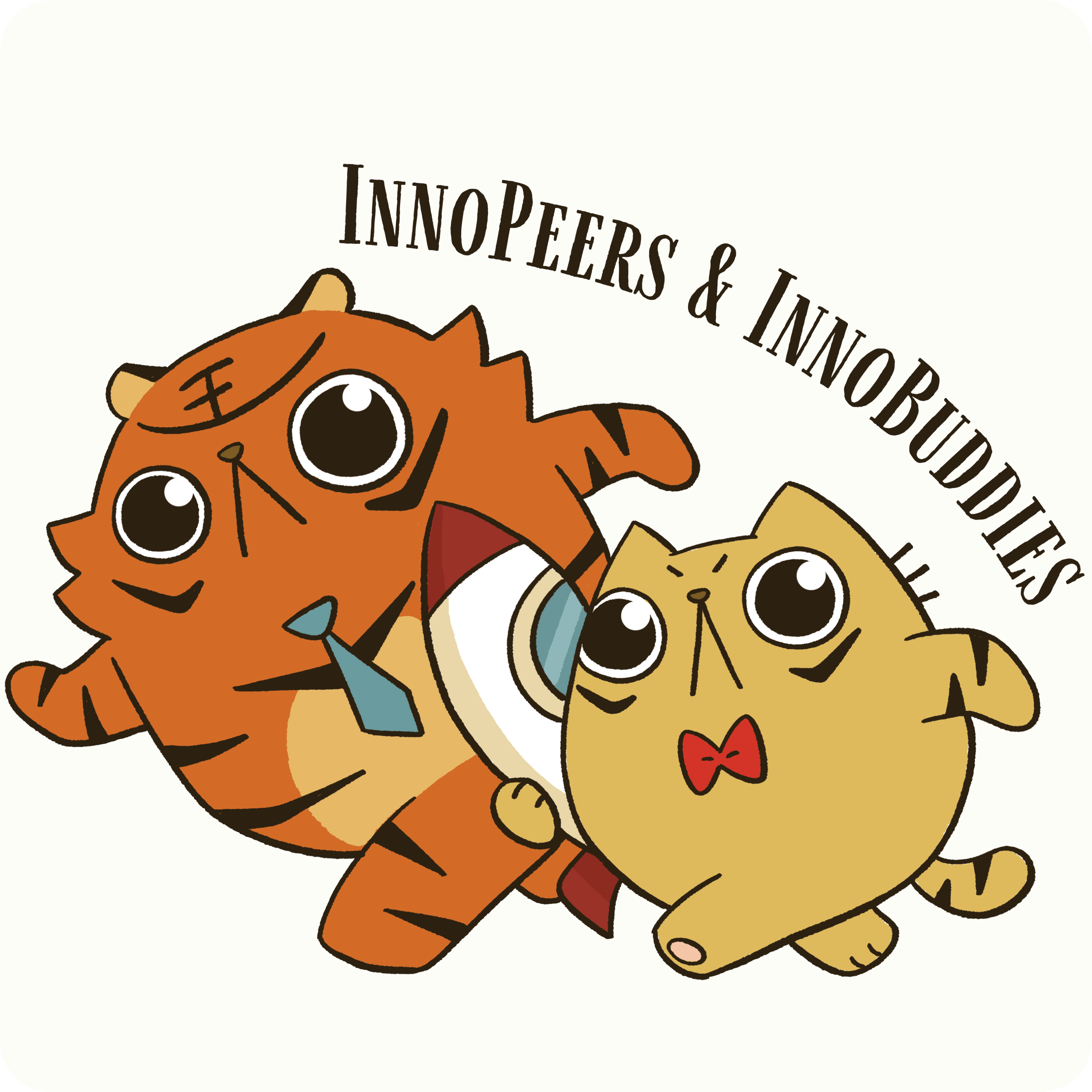As we swung open the door to Winnie’s office at Sino Building, she set aside her work at once and greeted us warmly. Two months since we last met and she thinned down yet again. The familiar grin remained nonetheless.
In 2015, Prof Winnie Mak (Department of Psychology) set up StoryTaler with her then-student Amanda Li, who is now a clinical psychologist. The platform advocates anti-discrimination and mental health awareness through storytelling, which has captured immense attention on social media with its refreshing illustrations and down-to-earth messages.

“My thanks to her bringing me out of the ivory tower”
“Winnie has done years of research on mental health and anti-stigma. I resonated with her ideas a lot and was thinking if we can do something that better engages the community.” Amanda recalled how she was brought into action four years ago.
Winnie has been Amanda’s supervisor since her bachelor’s degree. During her master’s studies in 2015, Amanda felt the public dialogue on mental health was too “professional-driven” without involving voices of those with lived experience. She then proposed to Winnie to gather people with first-hand stories and promote the concept – what they call the “co-create” model.
Hardly had the team crossed paths with their volunteers before StoryTaler came into being. These “StoryTalers” nevertheless committed themselves to the same cause, even co-authoring the social enterprise’s new book. Speaking of their most valuable members, Winnie was for a time moved to tears.
“I am grateful for Amanda bringing me out of the ivory tower.” Their profound master-apprentice friendship spoke for itself. Despite her self-mocking, Winnie has always been striving to connect the academic circle and the community – definitely not an out-of-touch scholar. However, her past endeavours in community education brought her mostly in contact with institutions and schools only. “This is my first time facing the public directly.” Unmediated dialogue with the people is indeed a topic of relevance to all walks of life.
“Prejudice stems from a lack of understanding.” Research studies demonstrated that interpersonal contact and understanding from a first-person perspective help overcome misconceptions and prejudice, even discrimination. The team therefore holds “Storytelling Days” twice a year, or sharing their stories at institutions and companies.
“I lived through mental illness myself.” Winnie, who grew up in the United States, opened up that she had experience of anxiety and depression for 10 years during high school and university years. She also encountered discrimination and can readily empathise with those in recovery. To Winnie, the inclusion of their voices in the discussion process is thus of utmost importance. “I do disdain the professional-driven model,” the professional herself smiled playfully.

The power of words
“They are not ‘cases’, but our unique members. Each comes with their own tale and distinct feelings.” The team recognises the power of words, especially since StoryTaler broadcasts its messages via Facebook, they are extremely sensitive and set rigorous standards for themselves in their diction.
For example, an emotional support workshop they co-organised was named literally There’s a companionship called “cooking you noodles”(「有種陪伴叫做煮個麵你食」), sharing tips on how to express care for friends with emotional difficulties. “We won’t say ‘helping you cook noodles’ as companionship is not about ‘helping’, but ‘being there for them’,” explained Amanda.
Amanda is the editor of StoryTaler’s Facebook posts. “I once uninstalled Facebook from my mobile, seeing how badly it influenced my mental health.” But ever since she felt her editorial sense weakened, she has installed the app again. As Amanda enjoys browsing the LIHKG forum in her free time, the use of youth language, in addition to their professionalism in the wording, is believed to be one of the elements contributing to their page’s success. “I have learned a lot of (colloquial) Chinese too,” Winnie laughed at herself mistaking slangs for grammatical errors.


A switch in position
StoryTaler has just established itself as a social enterprise, aspiring to spread its philosophy via commercial means. “It’s a challenge though,” Winnie admitted that the academia is often low-key even when celebrating achievements, whereas the business world is quite the opposite. “We can’t be too humble,” though Amanda stressed that instead of overselling, a balance in between is what they are going after.
When it comes to sustainable operational targets, besides increasing the number of trainings and workshops for enterprises and institutions, “we envision StoryTaler as a platform for individuals with different talents to develop their strengths while making an income with dignity.”
Towards the end of our visit, we touched upon Winnie’s health condition, a subject we have been considering to avoid. “I actually like talking about it!” Winnie, with a mask on, replied briskly. The discovery of symptoms and diagnosis of breast cancer occurred within a mere two weeks in May. “To be frank, there was fear at first, but I accepted it shortly.” “I thought middle-age crisis wouldn’t happen until my 50s, who would have guessed it turned up early.”

A “self-knowledge transfer” in times of illness
Since a confirmed diagnosis, Winnie has coped with her father’s admission to the hospital on one hand, and became her student’s wedding witness on the other. Aboard the rollercoaster of life, she concluded – it was not a big deal, even describing this as a “rebirth”. She appreciated the many new beginnings during the same period: the establishment of her social enterprise, home renovation, and the creation of other novel things. “Life is impermanent; I’ll do what I love in my second chapter of life.”
She joked, “this time I am transferring knowledge to myself,” thanks to her consuming passion for reading research papers. She would immerse herself in literature to learn about the disease and take its advice to exercise. Her mood has not been swayed by the illness much. “It’s the recent societal happenings that bother me. I watch the live broadcast (of protests) every night.”
The doctor has been recommending Winnie to rest more. Though her teaching workload has been cut down, she often heads back to the office for work and continues replying emails at home. “Working helps me sleep,” she emphasised her continual involvement in running StoryTaler. As we took our leave, Winnie and Amanda moved forward to their company meeting.
StoryTaler at a glimpse

Founding year: 2015, becoming a social enterprise in 2019
Founding team: Prof Winnie Mak (Department of Psychology) and clinical psychologist Amanda Li
Mission: To promote mental health via in-person sharing of real-life stories, enhancing public knowledge of the topic while eliminating stigma, labelling and misunderstanding
Members: Include individuals with lived experience of mental illness, those trained in (clinical) psychology and those with a concern for mental health
By Kary Wong@ORKTS
English translation by Cathy Wong@ORKTS




